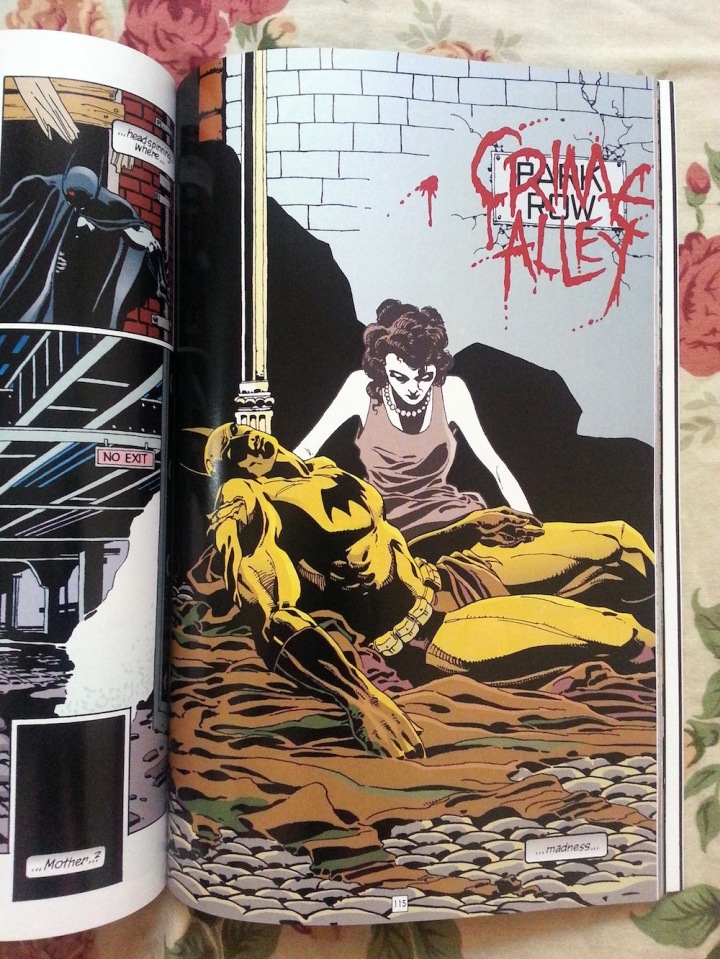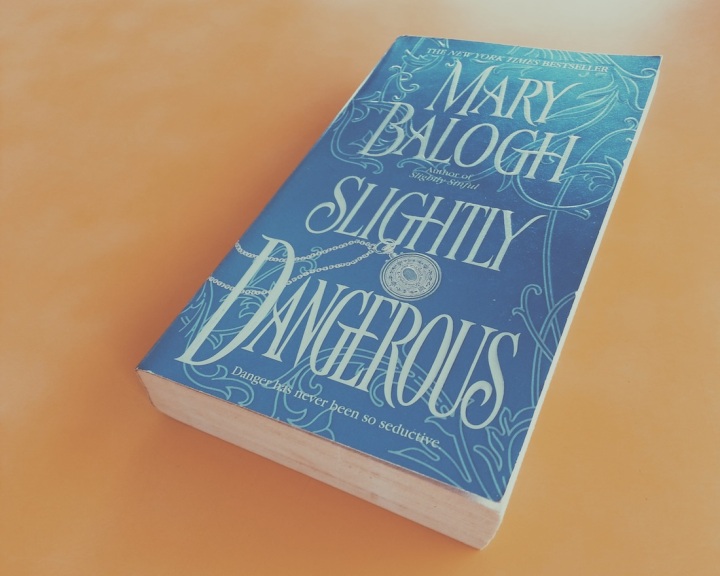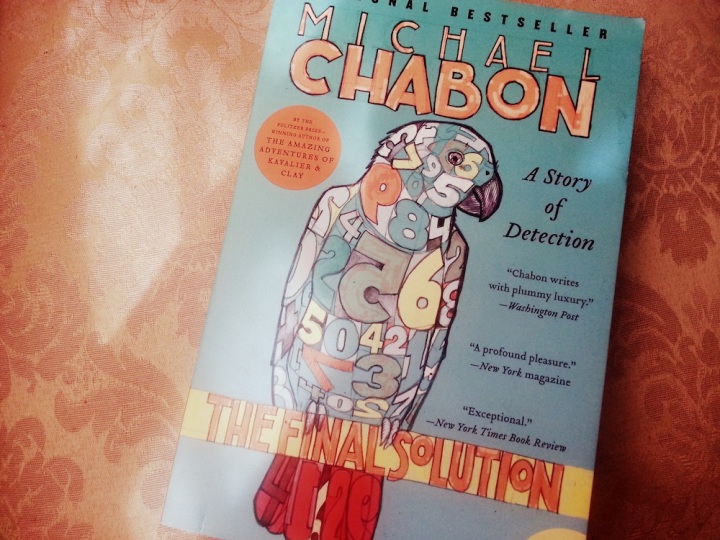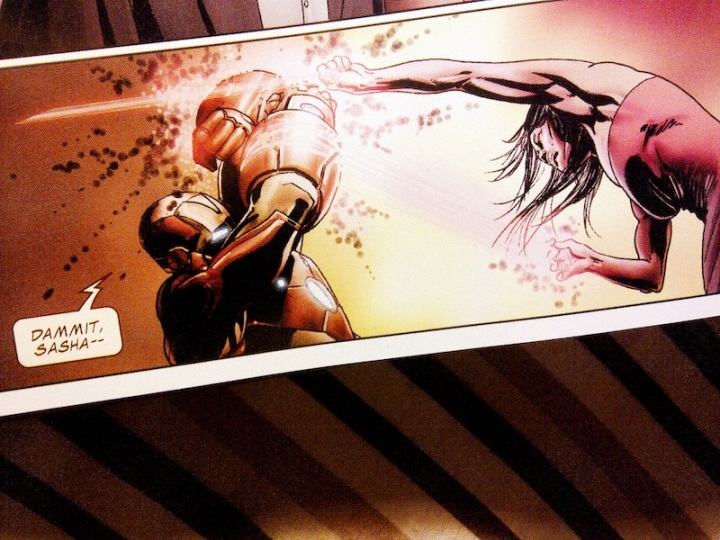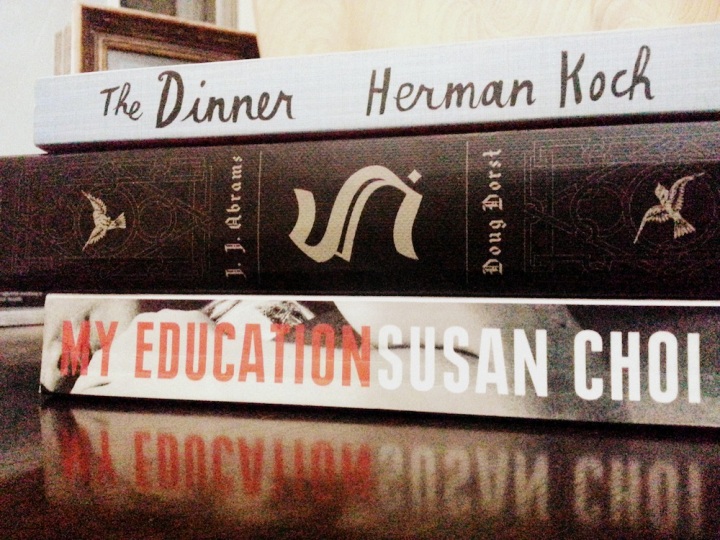
The Pisces was beautiful, radically so. Here was a book that turned melancholia into the mythic. It was unashamed to delve into the lowest depressions of a person's narrative—unashamed to be so crass about it; unashamed to air out the disgusting and repulsive poisons that are so much a part of who you are, you are basically them; unashamed to be so fucking revolting, as one can be when within the heart of desperate, romantic obsessions—as one can be when one is, simply, lonely, and feel very direly the need to be touched, to be seen, to be acknowledged, to be un-alone. Unashamed to delve, and hold up our poisons against the light. It was unashamed to be unpleasant, to carry truths. And it had no qualms at being funny, to laugh at the ridiculous ways our sorrows manifest themselves—and never cruel, always empathetic, and never making you feel like it's wrong to laugh at what is essentially yourself. It is—for all its lack of squeamishness, for all its edged fun-making, for all its profaneness—a very kind book.


